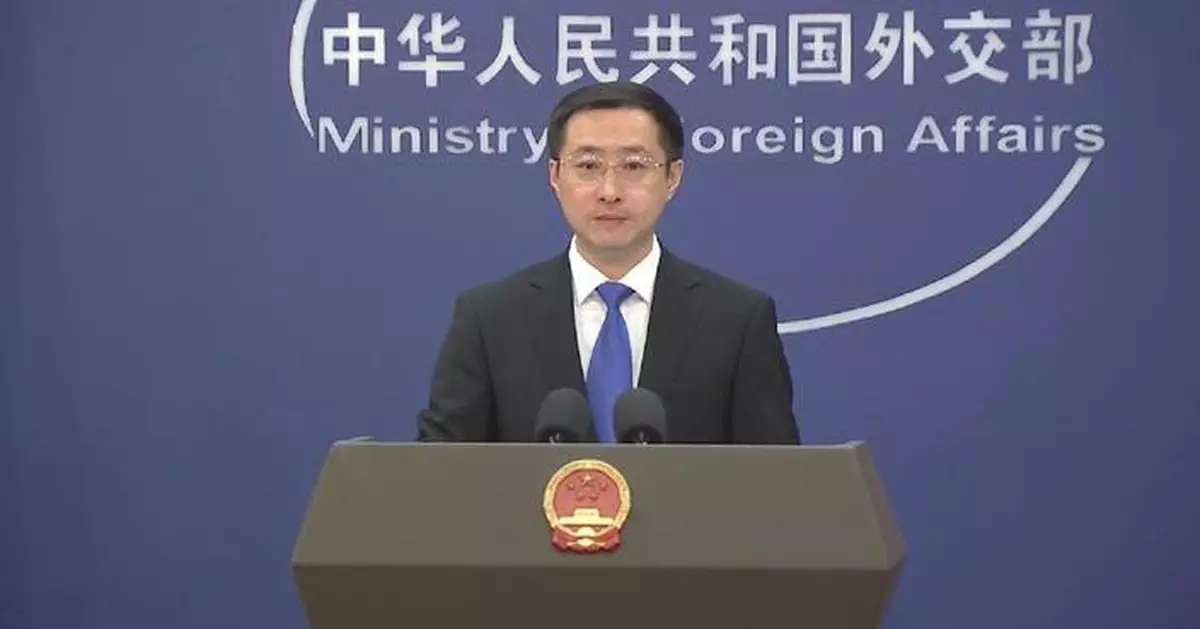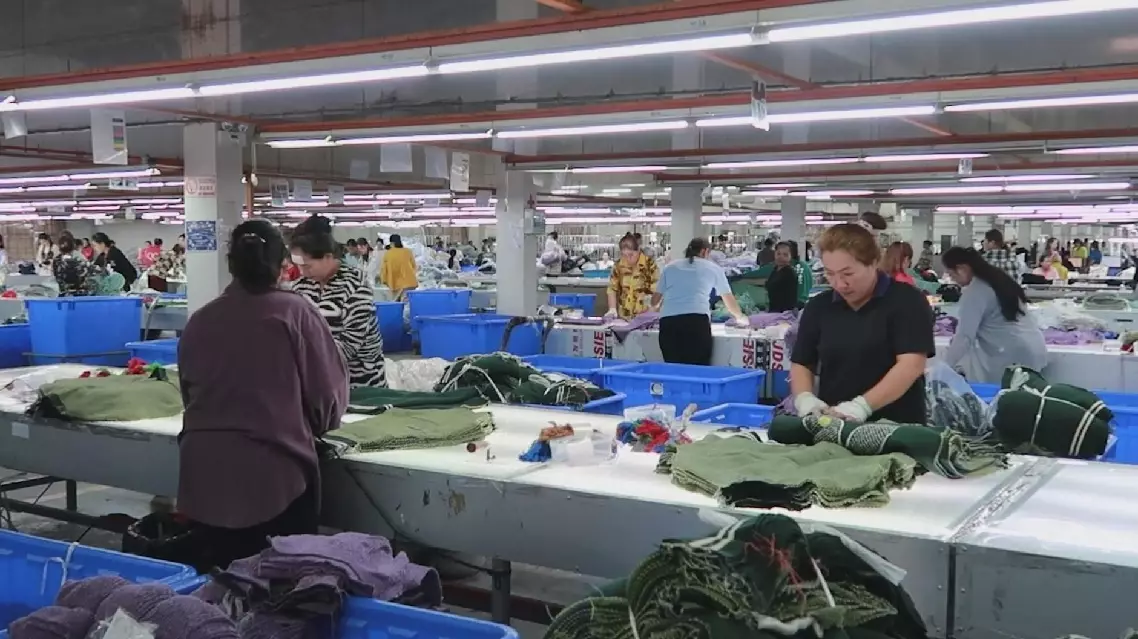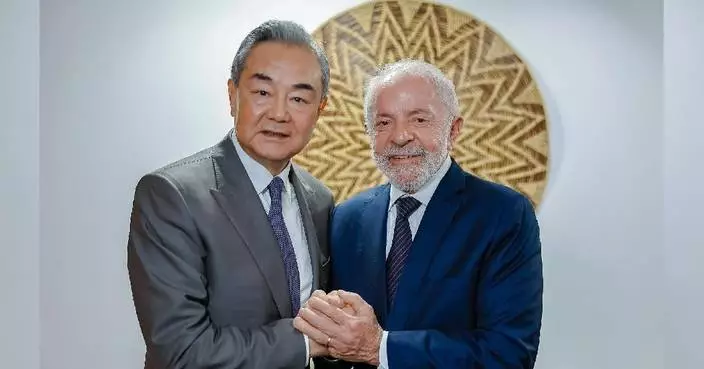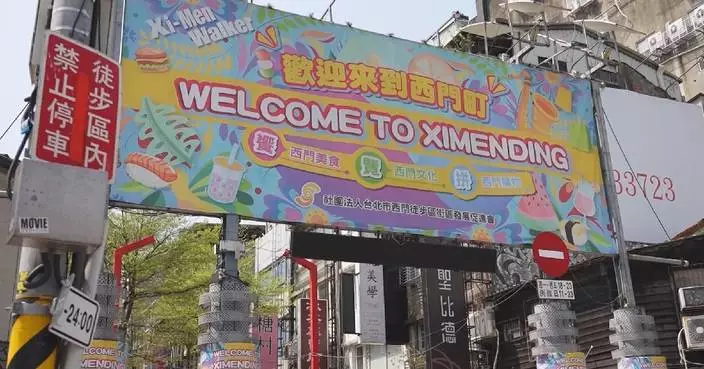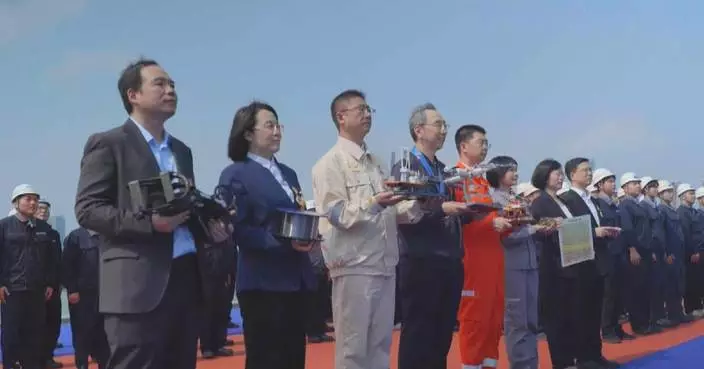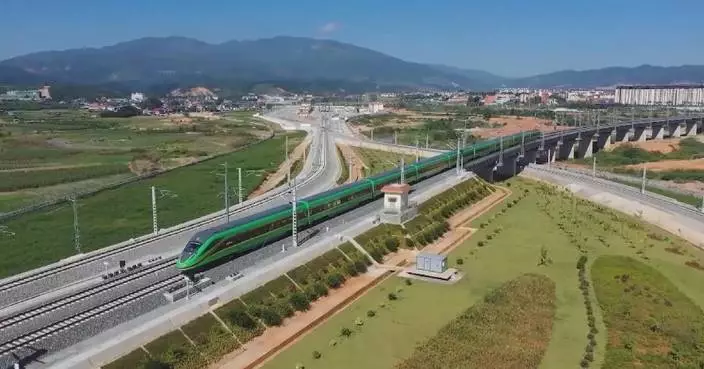President Xi Jinping's just-concluded state visit to Cambodia has yielded fruitful results with the two neighboring countries cementing their friendship, Ministry of Foreign Affairs Lin Jian said at a press briefing in Beijing on Friday.
Li briefed the media on the outcomes of Xi's trip to Cambodia, which lasted from Thursday to Friday. Cambodia was the third and final leg of the president's three-nation Southeast Asia tour that began on Monday, and the trip was his second state visit to the country in nine years.
During his visit, Xi met with King Norodom Sihamoni, Queen Mother Norodom Monineath Sihanouk, People's Party President, and Senate President Samdech Techo Hun Sen, respectively, and held talks with Prime Minister Hun Manet. The two countries' leaders witnessed the exchange of more than 30 bilateral cooperation documents covering a wide range of fields, according to Lin.
Furthermore, the two sides issued a joint statement on building an all-weather China-Cambodia community with a shared future in the new era and implementing the Global Development Initiative, the Global Security Initiative, and the Global Civilization Initiative, said Lin.
"A major highlight of this visit is that the two countries' leaders agreed to jointly build an all-weather China-Cambodia community with a shared future in the new era," Lin said.
"During his trip, President Xi called on the two sides to take this as a new starting point, build on the momentum, continue to implement a new action plan on building the China-Cambodia community with a shared future, and speed up the implementation of the three global initiatives. He called for maximizing the role of the China-Cambodia Intergovernmental Coordination Committee, ensuring the strategic dialogues between the foreign and defense ministers of the two countries a success, and strengthening exchanges through such channels as political parties and legislative bodies.
Xi urged both sides to vigorously promote high-quality Belt and Road cooperation and continuously enrich the 'Diamond Hexagon' cooperation framework. He said the people of the two countries should enhance mutual understanding and friendly feelings for each other and promote exchanges and mutual learning between the two civilizations.
He said China and Cambodia, as important forces in the Global South, should stick to the common values of peace, unity, and cooperation, oppose unilateral bullying, and practice genuine multilateralism. He called for firmly opposing bloc confrontation, strengthening coordination and cooperation within such frameworks as ASEAN and Lancang-Mekong Cooperation, and jointly safeguarding hard-won regional peace and development in the region," said the spokesman.
"China is ready to work with Cambodia to implement the important understandings reached between President Xi and Cambodian leaders, deepen political mutual trust at a higher level, expand mutually beneficial cooperation of higher quality, consolidate security guarantees of a higher level, carry out people-to-people and cultural exchanges at a higher frequency, and strengthen strategic coordination of higher standards, and steadily advance the building of an all-weather China-Cambodia community with a shared future in the new era, to inject more stability and certainty into a world fraught with turbulence and change," Lin said.
"Standing at a new starting point toward realizing overall rejuvenation of Asia, China will continue striving to build an amicable, secure, and prosperous neighborhood while highlighting the principle of amity, sincerity, mutual benefit and inclusiveness, and shared destiny. We stand ready to deepen friendly cooperation with neighboring countries, including Cambodia, bring more benefits to our neighbors through Chinese modernization, push to building a community with a shared future among neighboring countries, and jointly promote the modernization process in Asia," said the spokesman.
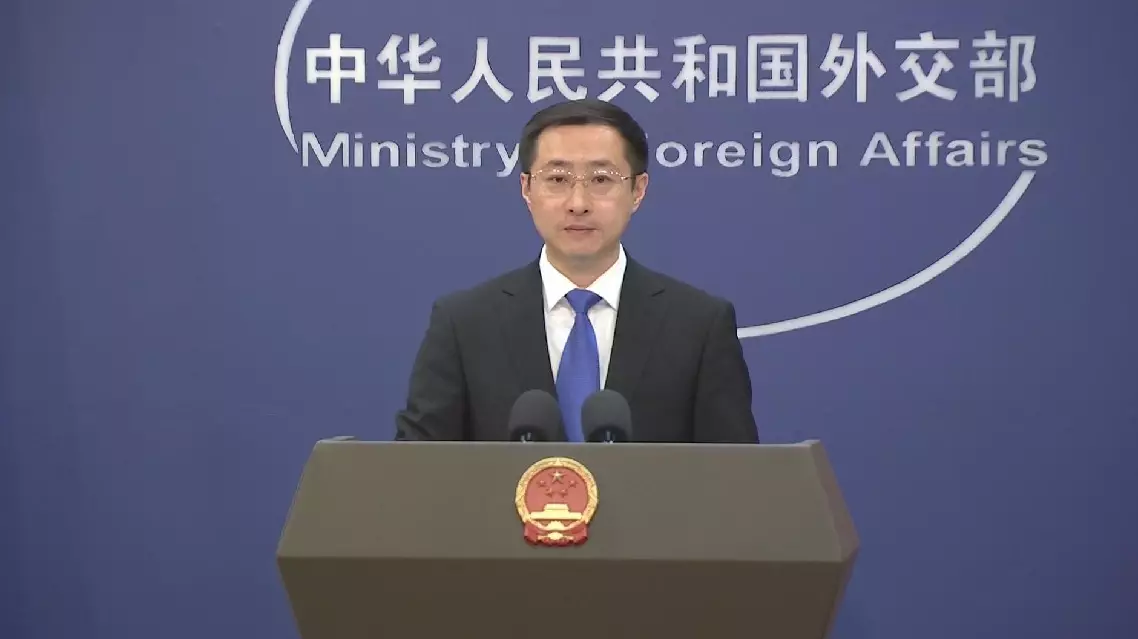
FM spokesman introduces President Xi's fruitful state visit to Cambodia


